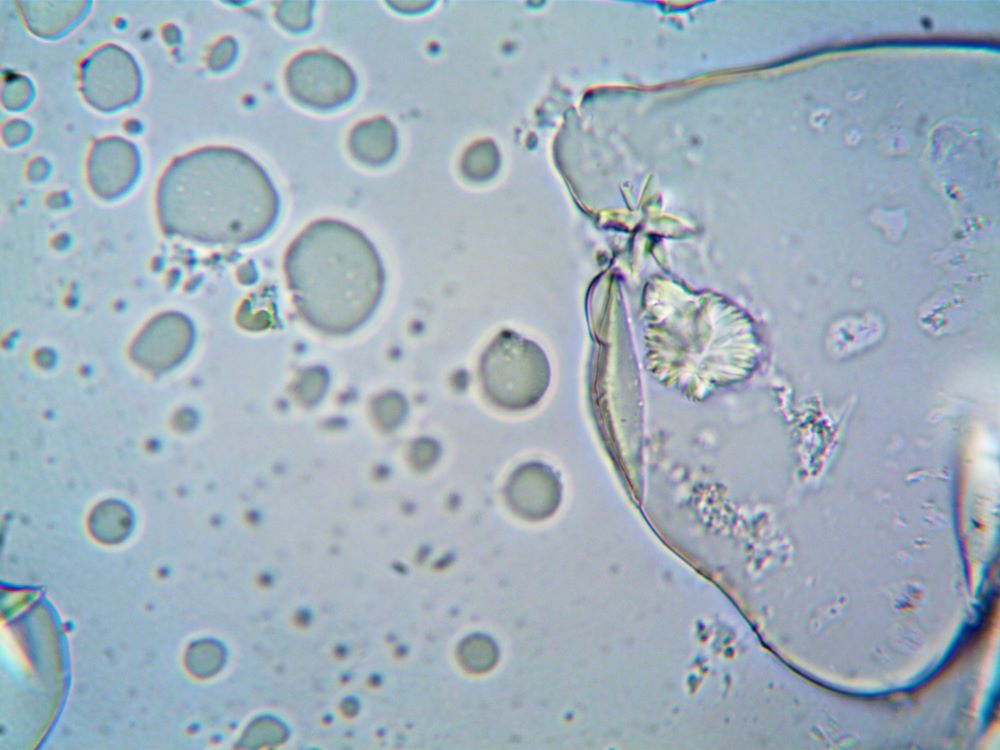Breakthrough science shows promise for drugs able to target ion channels.
Ion channels, integral players in the intricate dance of biological processes, have long captured the attention of drug developers for their potential in treating a range of diseases. However, selectively targeting a specific ion channel has proven to be a formidable obstacle. In a groundbreaking discovery, scientists from Weill Cornell Medicine and RMIT University in Australia have found that BK channels possess unique side openings, potentially accessible to drug molecules, offering a promising avenue for the development of selective drugs capable of targeting BK channels to address a wide spectrum of diseases.
Ion channels, molecular tunnels nestled within cell membranes, orchestrate the flow of charged molecules in and out of cells—a process essential for various biological functions. Among these channels, BK channels are conductors of potassium ions, and mutations within them have been linked to disorders affecting multiple organ systems.
Dr. Crina Nimigean, co-senior author of the study and professor of physiology and biophysics in anesthesiology at Weill Cornell Medicine, co-senior author, Dr. Toby Allen, a professor at RMIT University, and the first author, and Dr. Chen Fan, a former postdoctoral research associate in the Nimigean Lab, joined forces to explore the structure and function of BK channels. Their combined efforts, encompassing direct investigation and experiments on a related bacterial channel called MthK, led to a surprising observation.

Intriguingly, the researchers found that certain compounds, although unsuitable as drugs, could access and effectively block the MthK channel, even when structural imaging indicated that the pore’s entrance was fully closed. This raised a fundamental question: How could these compounds penetrate a closed pore?
To find out, the scientists employed structural imaging, conducted experiments with normal and mutated MthK channels, and engaged in computer modeling. Their collective efforts unveiled the existence of sizable openings on the sides of the MthK channel when it is in a closed state. Through these openings, the blocking compounds could reach the ion-conducting pore. Importantly, these openings are located within the cell membrane, necessitating a brief journey through the membrane for the compounds to reach them.
Expanding upon their findings, the researchers noted that similar side-openings, referred to as “fenestrations,” are also present in BK channels. This holds the promise of targeting BK channels for drug development.
Scientists envision that drugs capable of blocking or activating BK channels could offer treatments for disorders such as epilepsy and hypertension. Yet, the absence of selective BK channel-modulating drugs has been a hurdle, partly due to limited knowledge regarding the structural changes in these channels and their functional implications. Additionally, existing drugs affecting BK channels tend to interact with other ion channels, potentially leading to unintended consequences.
Dr. Nimigean and her team are now planning a series of follow-up experiments. Armed with these insights, they hope to uncover selective BK channel-modulating compounds that hold the promise of evolving into novel drugs.
Sources:
Discovery opens possibility of new ion channel-targeting drugs
Ion channels as drug targets in central nervous system disorders
Ion channels find a pathway for therapeutic success
Quite Discovery: Ion Channel Drug Discovery & Modern Science


Join the conversation!